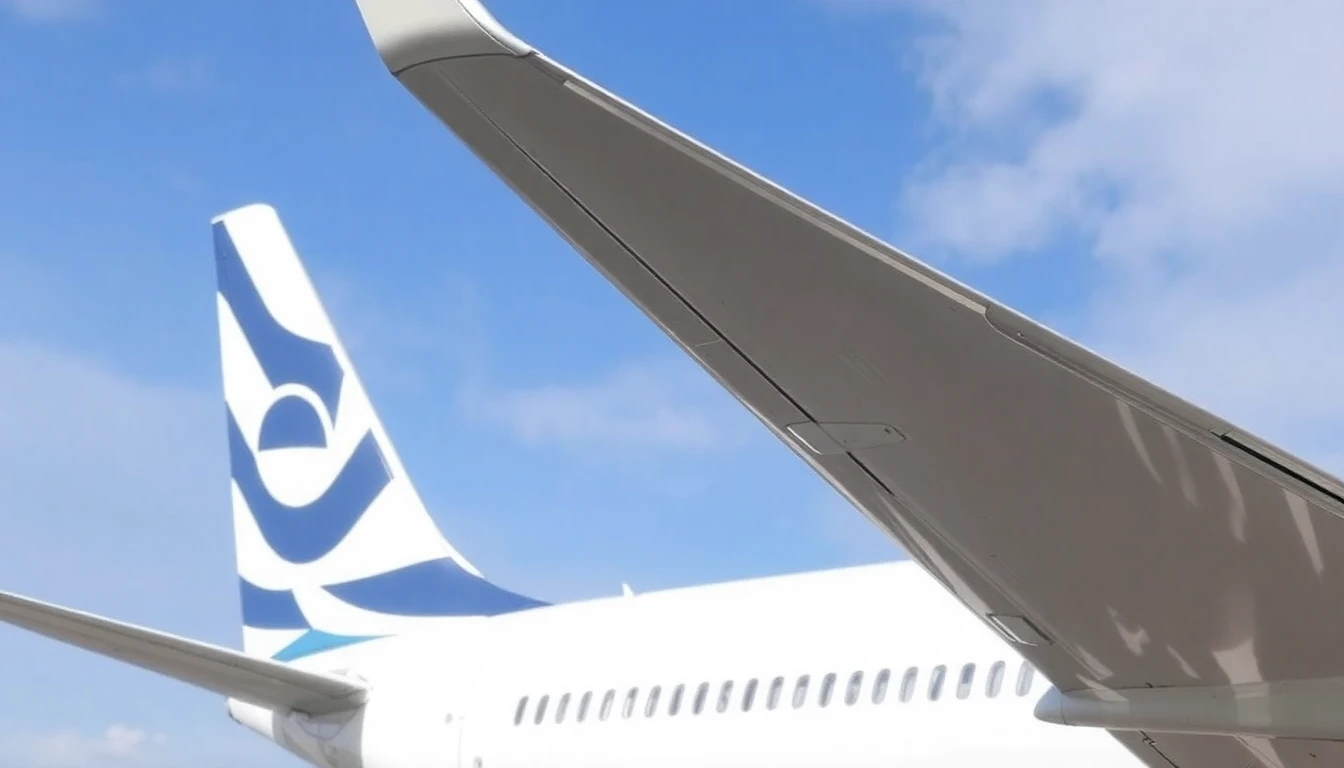
The Federal Aviation Administration (FAA) has recently issued a significant safety alert regarding the Boeing 737 aircraft, particularly addressing issues with the rudder system. This action comes in the wake of a strong rebuke from the National Transportation Safety Board (NTSB), which criticized the FAA for its handling of previous safety measures and oversight concerning the widely utilized aircraft.
In a detailed statement, the FAA emphasized the potential risks associated with the 737's rudder components, highlighting that failures could lead to loss of control during flight. The alert pertains to the need for flight operators to inspect and ensure that their aircraft are equipped with the updated safety procedures and hardware recommended by the FAA.
This decision follows a troubling incident involving a 737, where pilots experienced difficulties managing the aircraft due to an unresponsive rudder. The NTSB called for comprehensive reviews and inspections across the fleet, advocating for immediate action to prevent future occurrences. The independent agency raised concerns that the FAA's previous oversight was inadequate in preventing such serious issues from arising.
The NTSB's rebuke was rooted in a critical investigation report, which noted that a significant proportion of 737 aircraft operated in the United States may be affected by the rudder-related issues. The investigation uncovered that some operators had not fully complied with prior airworthiness directives aimed at addressing the rudder concerns. The NTSB underscored the essential nature of ensuring that these directives are not only issued but also enforced to maintain aviation safety.
In response to the mounting pressure and scrutiny from both aviation stakeholders and the public, the FAA reiterated its commitment to safety and transparency. The agency is now urging all operators of the Boeing 737 to take immediate precautions and closely adhere to the latest guidelines, which include thorough inspections of the rudder systems and associated components.
The alert from the FAA serves a dual purpose: first, to address the concerns raised by the NTSB and second, to restore public confidence in the safety of the Boeing 737 as one of the most widely flown commercial aircraft in the world. The widespread implications of such a safety alert cannot be overstated, as the 737 serves thousands of flights each day, facilitating travel for millions.
A response from Boeing is anticipated as the company gears up to tackle this issue. Stakeholders and industry experts are watching closely to see how the manufacturer will respond to the FAA's directives and the ongoing scrutiny from regulators and the aviation community.
As the situation develops, it remains critical for all aircraft operators to prioritize rigorous maintenance protocols and remain vigilant in enforcing safety measures that could prevent catastrophic failures in the future. The aftermath of these events will likely influence regulatory policies and operational practices in the aviation industry moving forward.
In conclusion, the FAA's recent safety alert regarding the Boeing 737's rudder system stands as a reminder of the ongoing imperative for safety in aviation. The concerns raised by the NTSB highlight the essential role of diligent oversight and compliance in sustaining the safety of air travel.
#FAA #Boeing737 #AviationSafety #NTSB #RudderIssue #AirlineIndustry #SafetyAlert #AircraftMaintenance
Author: John Harris




